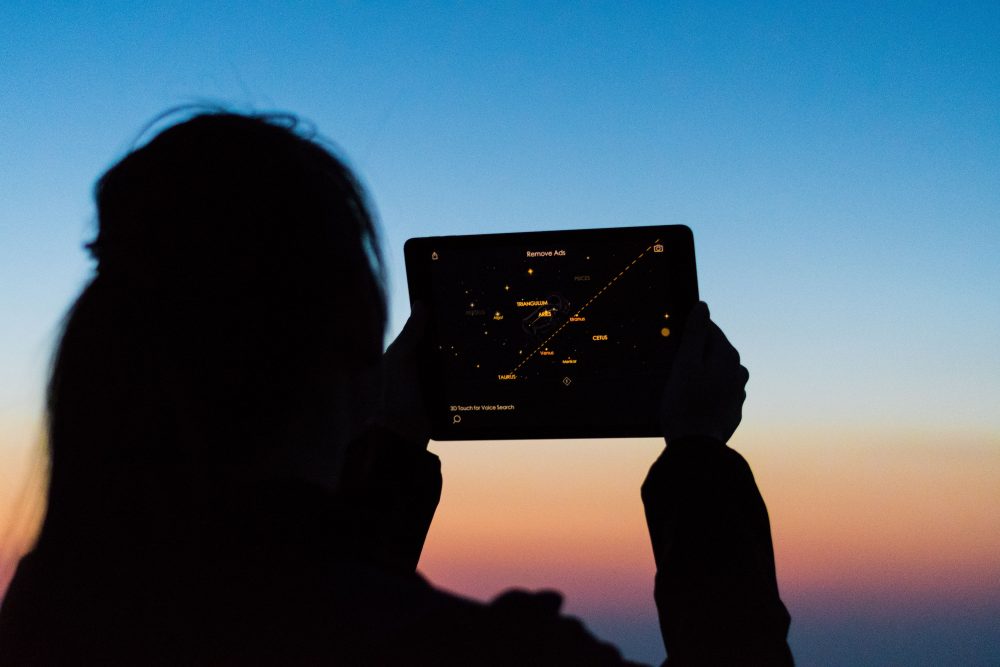Social Media - Advice for Parents
On Friday January 4th 2019, the press reported that doctors have reviewed the effects of screentime on the health and well-being of children and adolescents. This review was carried out by experts at University College London. What was interesting was how the headlines regarding this study varied significantly depending on the news outlet. The BBC, which fundamentally requires the public to maximise their screen time, led with the headline:
Worry less about children’s screen use, parents told
Whereas The Times, which arguably is keen to maintain the physical print media, led with the headline:
Doctors tell parents to cut children’s screen time
 The same day and the same report led to two fundamentally different media outlets giving a very different steer on what was rather a simplistic summary regarding screen time and advice for parents. There certainly was some useful advice, in particular suggesting that parents should consider their own use of screens and how they model their screentime usage to children. However, as the majority of parents will gain this advice from the media as opposed to the actual report, there will be a bias on the advice depending on the message the media is keen to portray.
The same day and the same report led to two fundamentally different media outlets giving a very different steer on what was rather a simplistic summary regarding screen time and advice for parents. There certainly was some useful advice, in particular suggesting that parents should consider their own use of screens and how they model their screentime usage to children. However, as the majority of parents will gain this advice from the media as opposed to the actual report, there will be a bias on the advice depending on the message the media is keen to portray.
So what are we to believe? Well, surely a great deal of this is common sense. As parents, we tend to have an inherent understanding of what is right and wrong for our children, and we balance this appropriately. In the same way that sweets are not great for teeth, we tend not to restrict them for our children completely, but limit them over a period of time. Some days children may have sweets, other days they won’t. Some parents won’t give their children sweets at all; some will provide them every day. The same restriction for screen time will vary from family to family.
The report doesn’t say that going for a walk is better than surfing the internet for an hour, neither does it suggest that having a face to face conversation with friends is better than having a conversation with a stranger in an online chat room. However, I would suggest that this is common sense and that our parenting should not be directed from a rather non-conclusive report from a medical journal.
The report also doesn’t talk about the quality of screen time. Watching a film as a family and sharing laughter and tears is surely a better use of screen time than a child spending 90 minutes looking for friends on Facebook. Again, this comes down to common sense as a parent and how you would like your child to spend their free time.
Whilst The Times reports that there are many articles from medical professionals linking heavy social media use by teenagers to signs of depression, I am sure other media outlets would be keen to highlight articles arguing against this. We need to use our intelligence when analysing what is correct, but I do find it useful to understand how Technology Leaders limit screen time for their families:
- Evan Spiegel, the founder of Snapchat, limits his seven-year-old stepson to 90 minutes of screen time a week.
- Bill Gates, the Microsoft founder, limited his older daughter to 45 minutes of screen time on weekdays and an hour at weekends.
- Steve Jobs of Apple said in 2010 that he banned his children from using iPads.
- Tim Cook of Apple said he did not want his nephew on social media.
- Mark Zuckerberg of Facebook wrote an open letter to his newborn daughter saying it was “important to make time to go outside and play”.
Social Media and Screen Time at Sandroyd
 We use technology in so many ways at Sandroyd and feel it has significant advantages in a number of areas of the curriculum. Whether using it for making music in Performing Arts lessons, research, coding, touch typing, teaching robotics, communicating etc. Indeed, we have approximately one device per child in the school and this is something that is only going to grow in the future as computers, coding and robotics become more integral to our curriculum. However, we also understand the need for restricting screen time in learning and we balance the use of screens through every day, including at the weekends.
We use technology in so many ways at Sandroyd and feel it has significant advantages in a number of areas of the curriculum. Whether using it for making music in Performing Arts lessons, research, coding, touch typing, teaching robotics, communicating etc. Indeed, we have approximately one device per child in the school and this is something that is only going to grow in the future as computers, coding and robotics become more integral to our curriculum. However, we also understand the need for restricting screen time in learning and we balance the use of screens through every day, including at the weekends.
We don’t allow children to have mobile phones or personal tablets in school as we feel they communicate better on a one to one basis and conversation is an essential tool in developing a child’s emotional intelligence in their most formative years at Prep School.
A healthy, sensible balance is what is required and that is what we strive to achieve at Sandroyd.
Advice for Parents
There is much advice, some of it conflicting, for parents. I hope the guidelines below from an educational view will help steer parents when they are putting together their household rules for social media and screen time.
- Children under 13 should not be using any form of Social Media.
- If children are going to use the internet use a family computer located in a central, non-private, space within the house. If space allows, the kitchen works well for this.
- Many online games have the same effect as social media. They have a chatroom within the game and therefore the same issues with inviting or not inviting friends into a group. Please make sure you understand the social implications of online games before allowing your child to play them.
- Time restrictions on the use of computers and tablets is a good idea. An egg timer or kitchen timer works well or indeed using inbuilt screen time settings.
- Ideally, children at Sandroyd should not be using computers and tablets behind closed doors. We also recommend completely reducing access to the internet during the night. We suggest no mobile phones, tablets or computers in the bedroom.
- Aim to reduce screen time before bed. 20 – 30 minutes reading a book (or from a non-internet enabled Kindle) is a good way to wind down before turning the lights off.
- The argument of “but I am the only one in my year who isn’t allowed to….” is tried and tested – indeed I remember using that line of attack with my parents! Remember that your children certainly won’t be the only ones with restrictions on screen time and social media.
Please do get in touch if I can provide further help, or if you would like further details of how we teach children about the dangers and positives of screen time and social media.
Alastair Speers, January 2019.












